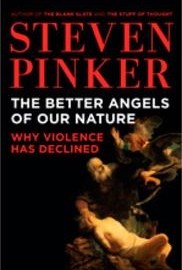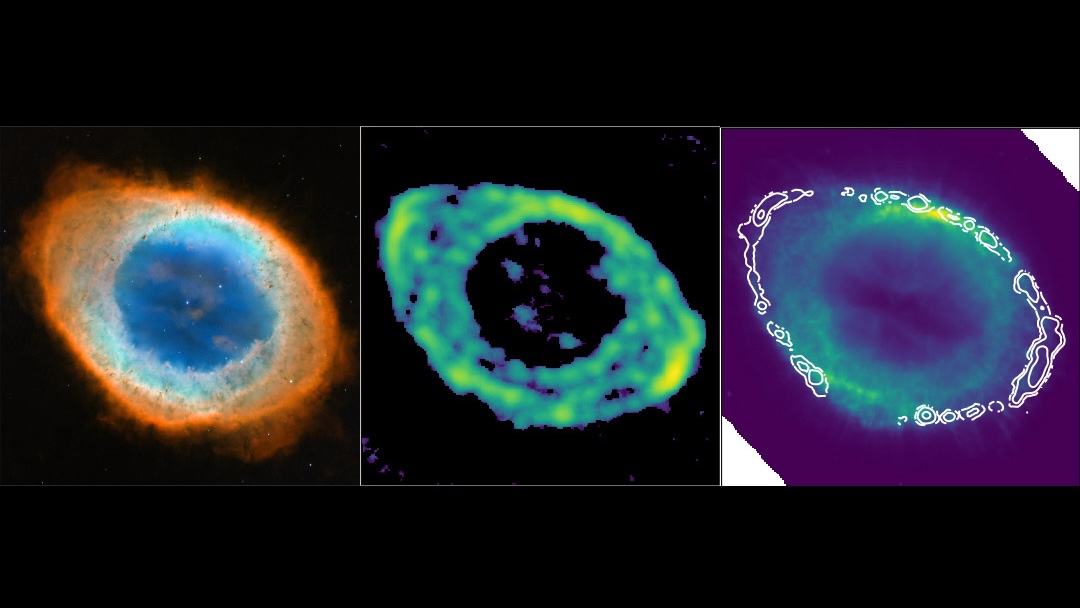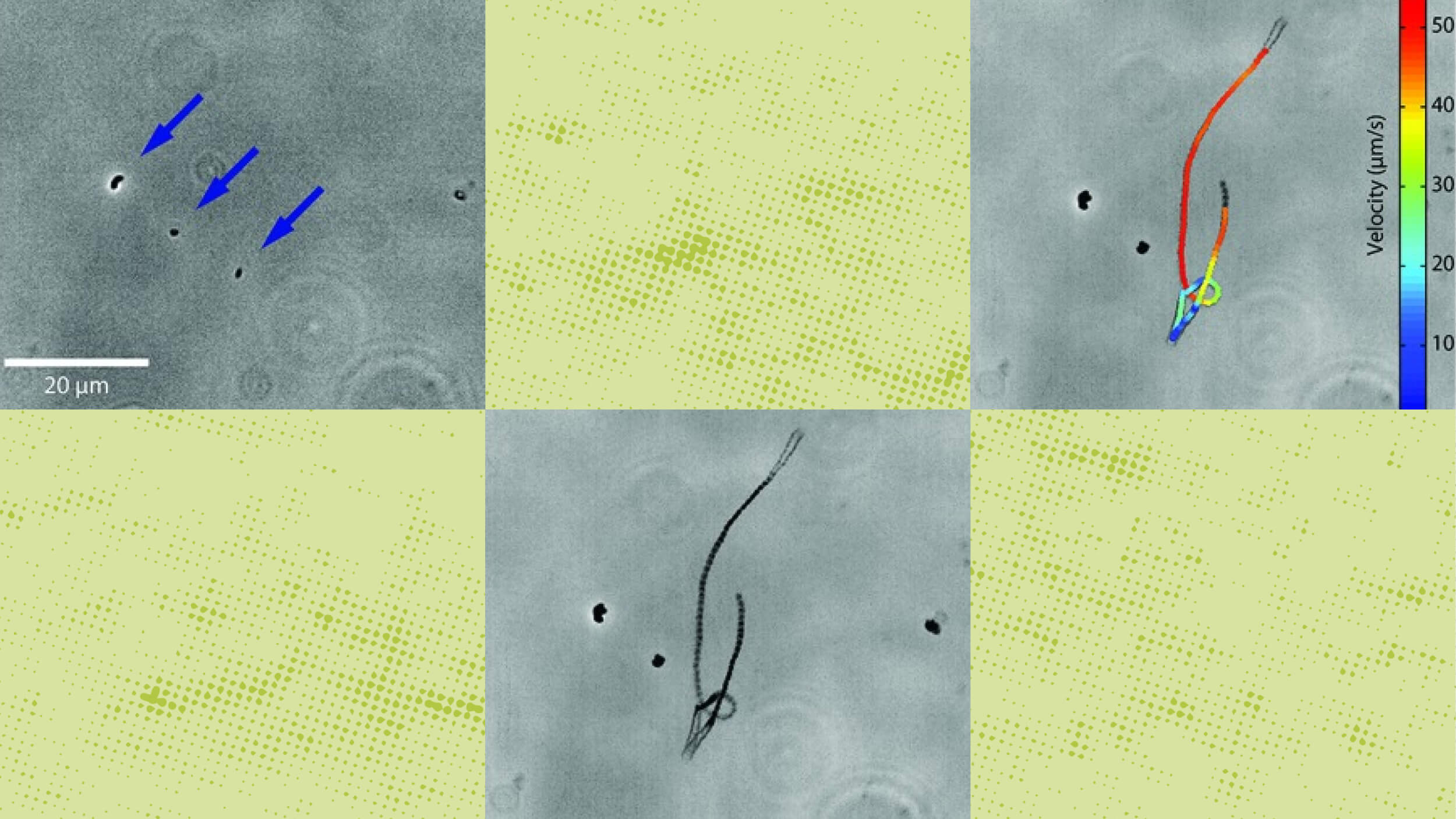Book Review: The Better Angels of Our Nature

I’ve just finished reading Steven Pinker’s The Better Angels of Our Nature, an extraordinary book that I think deserves wider attention. I want to write a full review, but this book is far too vast (696 pages!) and too broad in scope to do it justice in a single post, so I plan to split my review up into several installments over the coming weeks. This post is just to serve as a brief overview of the book and a few of its more startling data points.
The book’s thesis is that humanity is becoming less violent over time, and that in recent decades this pacification has accelerated. Since the 20th century witnessed some of the most destructive wars and brutal genocides in memory, the idea that this is the least violent generation in history seems outrageous at first. But as Pinker argues, this commits the fallacy of misleading vividness. World War I and World War II seem so horrendous, in part, because they’re so thoroughly documented. But past eras had their own wars and genocides which were, if anything, proportionally even more destructive – killing or maiming a greater percentage of the population than our world wars did – but because there wasn’t a global media then to report on them, we’ve forgotten most of the bloody details. In some cases, there was no effort to record them because no one viewed them as unusual!
To support his case, Pinker provides a list, compiled by the combined effort of many statisticians, historians and anthropologists (as well as a self-dubbed “atrocitologist”), of the proportionally most destructive conflicts in human history. If you’re like me, you’ll be surprised by how many of them you’ve never even heard of, and even more surprised by how deadly they really were. For example, World War II, with all its horrors, with all the modern technology deployed in the service of genocide, killed no more than about 5% of the population of the warring nations. But some past conflicts, like the European Wars of Religion, killed 30% or more. Going even further back, there have been hunter-gatherer cultures that were so warlike, as many as 50% of their people could expect to die from intertribal violence.
But it’s not just war that’s in decline, although the last few decades have borne witness to a historically unprecedented Long Peace. At the same time, something else strange and wonderful is happening. Brutal punishments like torture and execution, once the norm for even minor crimes, have all but vanished, and far from surging in response, crime rates are plummeting throughout the developed world. Public executions and animal torture, once thought of as uproarious popular entertainment, have faded as they’ve universally become targets of shame and contempt. The same has happened for other violent and once-commonplace customs like dueling. More recently, an accelerating cascade of “rights revolutions” has engendered sympathy for racial minorities, women, children, gays, animals, and other groups that previously fell outside the boundaries of our moral concern.
All these trends happening at once, all these arrows aligning to point in the same direction, cry out for an explanation. To provide one, Pinker delves into our evolutionary history, reflecting on what causes natural selection to favor violence, versus what circumstances favor the evolution of cooperation. With this evidence in hand, he surveys the psychological roots of violence – the “inner demons” that drive us to rampage and kill – and the “better angels” of the title, the mental faculties that incline us toward cooperation and peace. Weirdly, these are sometimes the same mental circuits in both cases.
To explain how and why the better angels of our nature have gradually gotten the upper hand (without resorting to circular explanations like “Violence declined because people got less violent”), Pinker identifies exogenous cultural developments that tilt the scales toward peace. Among other things, he cites the Enlightenment’s cosmopolitanism and widespread literacy, which enabled people to engage in a serious effort to imagine life from other perspectives for the first time in history. He also points to the law-making power of Thomas Hobbes’ Leviathan [note: link has autoplay video] to pacify violent cultures of honor, the peace-promoting effects of trade, the increasing cultural and political power of women, and the “escalator of reason”, a rational awakening to the wastefulness and stupidity of violence, which by its very nature is universal and constantly propels our moral sympathies outward in wider and wider circles.
None of this is to say – and Pinker very definitely does not say – that the world has become a utopia or will inevitably become one in the near future. Iraq and Afghanistan, the 9/11 atrocities and other terrorism, civil wars and autocracies in developing countries, all remind us that savage violence is a reality for millions and an ever-present threat for millions more. History has no predetermined direction. Rather, his purpose is to identify a real historical trend – that wars and violence have decreased – and to explore what causes could be responsible. Armed with this knowledge, we’ll be better able to consciously promote the continuation of this trend.
For all my praise, I did find the book to have some weak parts. I think that at times he’s too reliant on an overly simplistic model of evolutionary psychology, particularly when it comes to explaining why rape and violence are predominantly committed by young men. I also think he stumbles when trying to explain the brief upsurge in crime rates during the 1960s, which seemed to me to rely on the kind of question-begging cultural arguments he elsewhere rejects. But that aside, Better Angels as a whole is a work of grand ambition and impressive scholarship, distilling a striking trend from thousands of data points scattered across all of human history. Its heft makes it intimidating to the timid or casual reader, but it amply rewards the effort, and I believe that even people who are inclined to reject Pinker’s conclusions will sooner or later have to grapple with his arguments.





